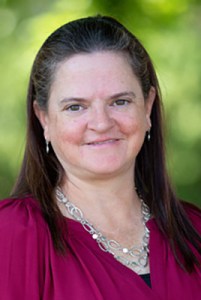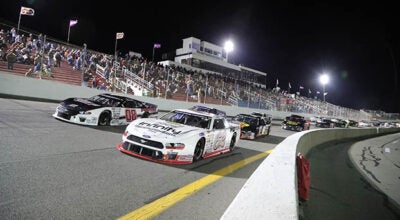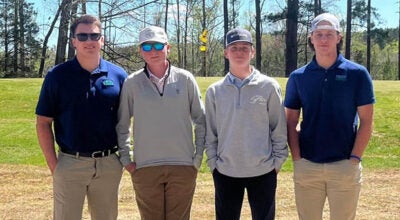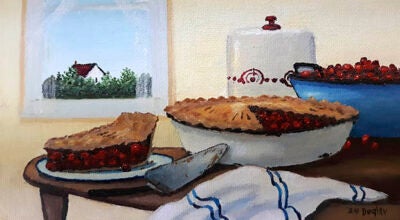Giving the gift of speech
Published 10:32 am Monday, July 5, 2021
|
Getting your Trinity Audio player ready...
|
Each day most of us talk and think nothing of it. But for what comes naturally to many, there are others in need of the gift of speech.
Dr. Shannon Salley, a speech-language pathologist (SLP) who works at the Longwood University as an associate professor in the Department of Social Work and Communication Sciences and Disorders, teaches students how to better serve those in need of speech services.
Salley currently supervises graduate students in the masters of speech-language pathology program.
They provide speech, language, swallowing and feeding services to children and adults in the surrounding areas.
“Some of these families are coming to us because other places have long waitlists, or they are unable to travel long distances for their needed services, or other facilities will not accept their insurance,” Salley said. “Our clients are able to receive the help they need while our graduate students are learning valuable skills and techniques that they will need when they become licensed as speech-language pathologists themselves. My role in this experience varies, but I hope that through my experiences and advice I can impact our current clients and have a long-term impact on future clients our graduate students will serve.
“I tell my students every day that our work makes a difference even if we don’t get to see it right away,” Salley said.
Salley has, in fact, had an impact on many during her career.
While working in a long-term care facility before coming to Longwood, Salley said she had a gentleman come to her who had suffered a stroke.
He could not speak and could not swallow. He was on a feeding tube.
His communication skills improved to the point where he could at least communicate with small phrases and gestures, but his swallowing deficits were what he was most frustrated with.
“I asked them when he has admitted to my facility what their goals were for therapy. His wife wanted him to be able to eat Thanksgiving dinner with his family, as he was a huge family man and loved big, social events that included them,” Salley said. “He worked so very hard, practiced every exercise I gave him, and his family was so supportive. Right before Thanksgiving, his wife asked me if I would come join them for Thanksgiving lunch at the facility to hopefully celebrate his success and make sure he was safe eating for the first time in many months. I gladly agreed. He was able to safely eat a small Thanksgiving meal with his family.”
It was the first time the family had eaten together since he suffered the stroke.
“His wife was crying. He was crying. His children were crying, all tears of joy,” Salley said. “He kept taking my hand and patting it, and his wife kept saying what a ‘gift’ I had given him and the family by helping him recover his swallowing ability.
“This was one of the first moments I knew my profession was one that could improve someone’s quality of life.”
In addition to teaching students at the university, Salley is currently working with a young child who is non-verbal and has feeding difficulties due to his diagnosis.
“He came to me basically drinking PediaSure to meet his nutritional needs,” Salley said. “I have been seeing him for two years, and he is now communicating some with an alternative communication system, and he is eating sandwiches, spaghetti, cereal, some fruits, carrots, peas, potatoes and much more.”
To see the full A Salute to Community Heroes edition click here.





